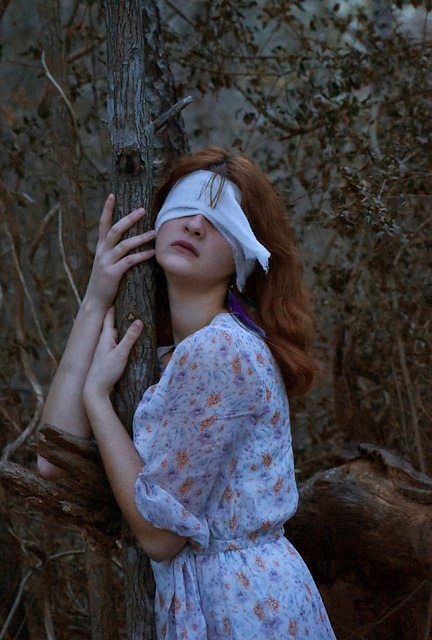“On His Blindness” is a sonnet written by the famous English poet John Milton. It’s a powerful poem where Milton reflects on his blindness and how it affects his ability to serve God. Let’s break down this sonnet into easy English words and structures.
The poem starts with Milton expressing his sadness about his blindness. He feels like he’s in darkness both physically and spiritually. He compares himself to a person who loses his sight halfway through life’s journey. This makes him worried because he thinks he can’t do much for God anymore.
Milton then talks about his talents and skills. He was gifted with the ability to write poetry, but now he feels like he can’t use this talent because of his blindness. He wonders if God expects him to use his talents even when he can’t see.

In the next part of the sonnet, Milton shifts his perspective. He realizes that God doesn’t need his work the way a master needs his servant’s work. Instead, God only asks for faithfulness and willingness to serve. Milton understands that even if he can’t write poetry anymore, he can still serve God by being patient and accepting his fate.
The sonnet ends with a hopeful note. Milton believes that God will not demand things from him that he can’t do. He trusts that God will accept him as he is, blindness and all. He accepts that God’s ways are mysterious and beyond human understanding.
In summary, On His Blindness as a sonnet is a profound reflection on faith, acceptance, and the limitations of human abilities. Milton grapples with his disability but ultimately finds solace in his faith and trust in God’s plan.
 CSP
CSP